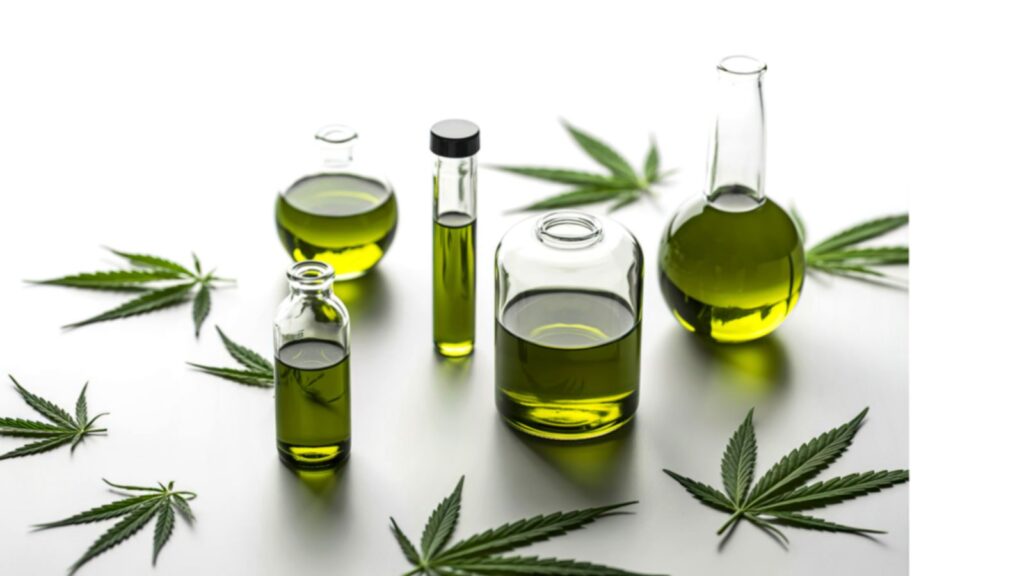
Cannabis has moved from a taboo subject into a mainstream health conversation over the last decade. With legalization expanding in multiple regions, more people than ever before are asking a simple question: is cannabis actually good for your health? The honest answer is not black or white. Cannabis can provide benefits for some people and situations, but it can also cause negative effects if used in the wrong way, in the wrong dose, or for the wrong reasons. This article will cover both sides clearly — the potential advantages, the potential risks, and why balance and responsibility matter. This includes consumer topics such as live resin vs live rosin, proper dosing, different consumption methods, and how product type can influence your overall experience.
Why cannabis became a health topic
Cannabis has hundreds of natural compounds called cannabinoids. Two are the most famous:
- THC – causes the “high” and affects mood, appetite, perception
- CBD – non-intoxicating compound that may help with anxiety, sleep, inflammation
Both interact with the endocannabinoid system, a biological system that helps regulate pain, sleep, mood, appetite, and immune response. This is why researchers believe cannabis could have therapeutic value — because it interacts with systems that already exist in the human body.
Potential health benefits people use cannabis for
Although research is still developing in many areas, some health benefits are commonly reported and studied.
Pain management
Many patients with chronic pain use cannabis to reduce discomfort, especially in conditions such as arthritis, neuropathy, injuries, and fibromyalgia. For some people it works better than prescription pain medicine and can reduce opioid use.
Better sleep
Insomnia is one of the most common reasons people turn to cannabis. Both THC and CBD may help people fall asleep faster. However, long-term heavy THC use can interfere with natural sleep cycles — so responsible use matters.
Reduced anxiety and stress
CBD is often used specifically for relaxation without intoxication. Some people say that small doses of THC also help them relax — but high doses can actually increase anxiety, so dosage control is important.

Inflammation support
Inflammation is a factor in many health issues — from skin conditions to joint pain. CBD especially may have anti-inflammatory properties which is why it appears in creams, balms, and wellness oils.
How cannabis can also have negative effects
For fairness and responsibility, it’s also important to mention potential health risks.
Memory and focus impact
High THC use (especially in young people with developing brains) can affect concentration and short-term memory temporarily.
Dependency risk
Although cannabis is often considered safer than alcohol or other substances, dependency is still possible if someone uses it daily or uses high THC levels.
Mental health sensitivity
Some people with a sensitivity or a history of anxiety disorders may experience panic or increased anxiety if they take too much THC at once.
Finding balance is the real key
The biggest difference between cannabis being beneficial or harmful is how it is used.
- Start with low dosage
- Choose products with known lab results
- Understand the ratio between THC and CBD
- Take breaks and avoid daily overuse
Like coffee, sugar, alcohol, and even exercise — the right amount can be great, the wrong amount can cause problems. Balance = the healthiest path.
Responsible use is more important than popularity
Cannabis culture is expanding extremely fast — from oils to edibles, vapes, drinks, gummies, capsules, tinctures, skincare, and more. This “trend” is huge, but wellness decisions should never be made based only on trends. Anyone who wants to use cannabis for health reasons should make decisions based on:
- correct information
- personal tolerance
- legality in their country
- health conditions they already have
Whenever possible, consulting a doctor — especially for people with chronic illnesses or people taking prescription medication — is the safest path.
In regions where medical cannabis is legal, guidance from medical marijuana doctors can help patients understand eligibility, dosing, and safe treatment options.
Final thoughts
Cannabis is not “always good” or “always bad.”
It is a powerful natural plant that can offer meaningful benefits when used correctly and in moderation. It can support sleep, reduce pain, help with relaxation, and bring comfort to many people. At the same time, irresponsible use can create negative side effects.
The smartest approach is honest, balanced and informed — not hype.
When cannabis is respected and used with awareness, many people can experience real wellness advantages without harming their lifestyle or health.












